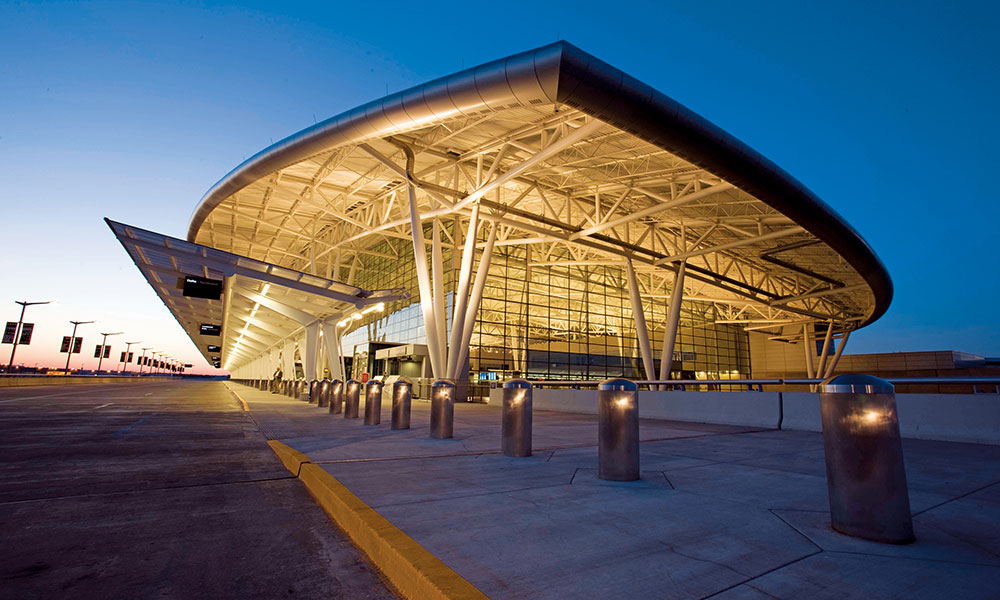
Why High-Tech is High(er) on the List for Meeting Planners
Our tech expectations have grown considerably over the years—here's how smart destinations are staying ahead.
A lot of factors go into choosing the site of your association meetings. Is the airport well-connected to the rest of the country? Are there venues that will nicely fit the number of expected attendees? Is the city easy to navigate? Are there interesting things to do outside of the conference center or hotel?
Here’s another question you might want to add to your list: Is the host city a tech hub? It’s a more relevant question than you might think.
And if you are thinking that focusing on a city’s tech scene narrows your options to a few places—San Francisco, Seattle, New York, or Boston—think again. The tech boom might have started on the coasts, but it has increasingly spread inland.
Here are three reasons to give a city’s tech scene a closer look.
1. Good tech infrastructure.
Yes, your meeting attendees want free and fast Wi-Fi onsite, but they also want—and need—good connectivity when they venture outside of the meeting venue. Cities that are home to a bevy of tech companies are generally keen to invest in their communications infrastructure.
For example, in Indianapolis—a top Midwestern tech hub—AT&T just launched its 5G Evolution, which enables wireless download speeds double that of the company’s 4G LTE network.
2. Great local keynote speakers.
Cities with a burgeoning tech scene usually want to help it expand, and organizations sprout up to help promote the city to tech workers and entrepreneurs.
Case in point: TechPoint in Indianapolis, which offers a number of initiatives and programs to promote and accelerate the growth of Indiana’s tech community.
Sara Croft, director of communications at TechPoint, says the nonprofit is happy to facilitate conference speakers from the local tech companies. Some notable past speakers from Indy-based companies have included Mike Meadows, chief information officer of pharmaceutical company Eli Lilly, Matt Hunckler, CEO of the tech entrepreneur and developer conduit Verge, and Amanda Leet, former VP at Salesforce, the cloud-based CRM company that bought the Indy-based marketing software firm ExactTarget in 2013 for $2.5 billion. Indianapolis is now Saleforce’s largest presence outside of its San Francisco headquarters.
“We keep a long roster of people in working on different tech issues—marketing tech, economic development, women in tech,” Croft said. “For people looking for a thought leader, we can call on our member companies to serve in that capacity.”
Croft notes that the Indy tech scene is particularly strong in the area of marketing tech, including email marketing company Sigstr and the music and messaging platform Fuzic, which can help meeting planners easily communicate with conference attendees and exhibitors.
3. Startup culture makes for a young, fun city that your meeting attendees will enjoy.
With the growing number of startups in Indy, young people are flocking to the city, eager to both work and play hard.
“When ExactTarget got bought by Salesforce, that spawned a lot of entrepreneurial effort,” explained George Klein, CEO of Peoplocity, which provides a two-way real-time messaging that allows businesses and conference planners to better communicate with customers. “Downtown has become tech-centric, and it’s very walkable and bike-able. The city is attracting young developers and designers who want to be in this vibrant community and who are critical to building these companies.”
Downtown Indy now hosts an ever increasing number of local restaurants that are earning national acclaim, along with a craft beer scene so robust that some are worried about a craft beer bubble (but no need to fret).
Bottom line: A city with a strong tech scene inevitably has a strong entrepreneurial spirit, which is a happily contagious condition that produces a great conference city.





